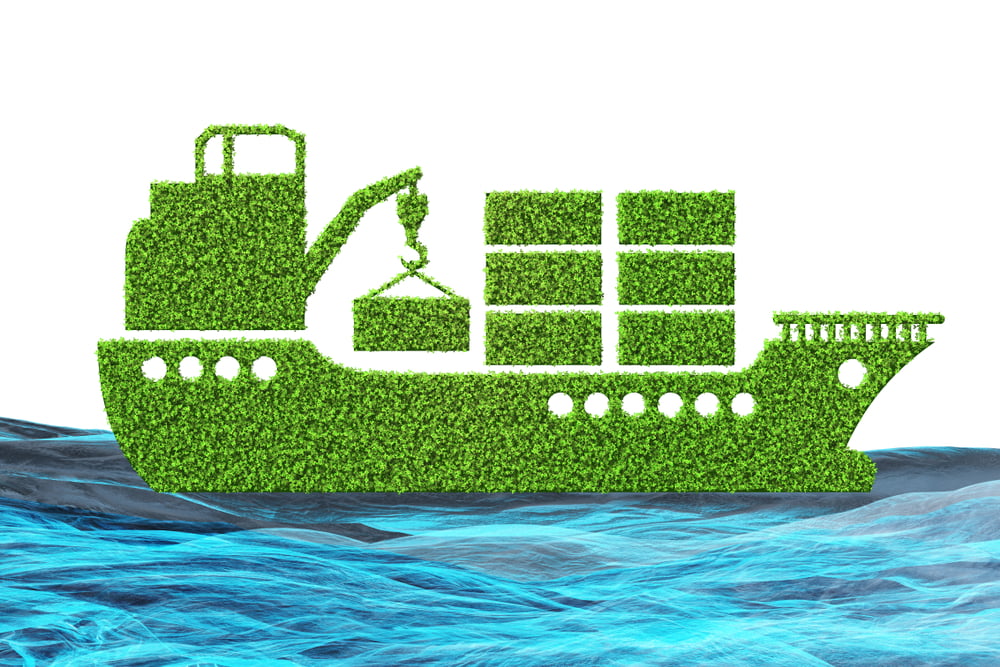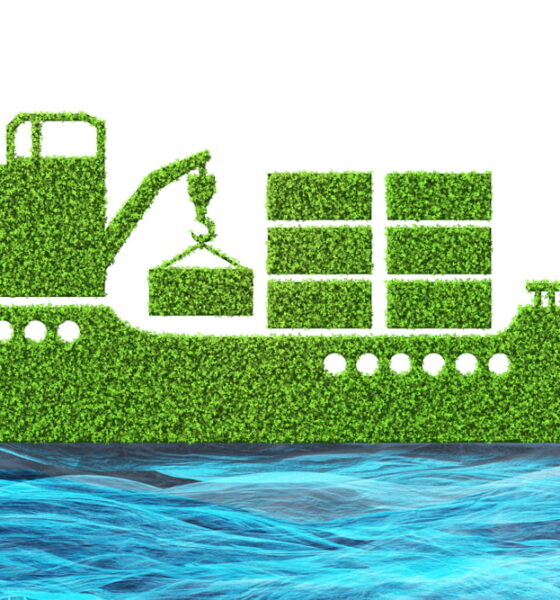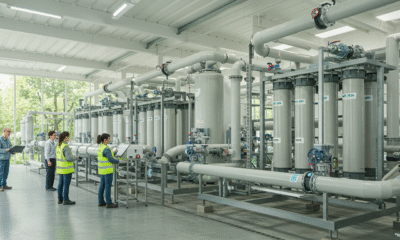

Interview
CEO Brian Ladin Explains How The Shipping Industry Is Going Green
There is more focus on green living and sustainable business practices than ever before. This is due to the growing concerns about the problems that climate change and other environmental problems are having on the environment.
One report found that sea levels are expected to rise between 15 and 25 cm by 2050. Everybody must do their part to help stall these problems.
Fortunately, they are stepping up to the challenge. Consumers and industries are more focused than ever on lowering their impact on the planet, and shipping CEO Brian Ladin is working to do his part to help the environment.
Below, Mr. Ladin explains four ways shipping industries are working to change their current practices to benefit the planet. These steps include building sustainable shipping containers and taking other steps listed below.
Slow Steaming Works, Says Brian Ladin
Slow steaming is a simple concept: shipping companies lower the speed of their ships to reduce greenhouse gas emissions. Research from Seas at Risk shows that slowing a ship’s speed by just 10% can lower its emissions by 19%.
Some logistical challenges come with slowing the ship’s speed, says Brian Ladin, but these can be worked out quickly. Slowing down a ship means that more shipments arrive at docks just in time, which means less waiting time at the docks.
While slow steaming is a change for many shipping companies, a few logistical tweaks can allow shipping companies to lower their emissions, streamline their shipping processes, and lower the number of times that ships (and crew members) are stuck waiting for their turn to load or unload.
Reducing Empty Container Shipping
Amazingly, up to 33% of all containers shipped in 2018 were empty. While shipping empty containers is inefficient for shipping companies, it’s also horrible for the environment.
According to Ladin, there are some cases in which shipping containers that are empty are necessary. For example, when empty containers are required to pick up a shipment, it makes sense to send empty containers on a ship.
Other times, however, it makes sense to leave them behind to reduce greenhouse gas emissions by lowering the amount of fuel required by the ship. According to Brian Ladin, companies need to carefully look over their shipping processes to ensure that only necessary containers are shipped.
Utilizing Renewable Energy
Ships have long relied on traditional fueling methods during the shipping process, according to Mr. Ladin. Shipping companies must begin to utilize new, clean energy methods, such as solar and wind power, to move the shipping industry forward.
Some companies — including Neoline and Eco Marine Power — are working to develop methods of powering ships that can reduce emissions by up to 90%. However, shipping companies need to stay open to changing how things have always been done, says Brian Ladin.
While investing in renewable energy sources can require an investment upfront, it can have significant payoffs down the line.
Switching To Liquefied Natural Gas
Liquefied Natural Gas, or LNG, reduces carbon emissions by 20%. LNG is still a controversial option, as its use brings up safety issues that are not present with standard fueling methods. Some shipping companies are working to develop ships that can run on either traditional fueling methods or LNG.
While LNG is not the proper fueling method for all ships, companies that use vessels that can run on LNG can hugely reduce their carbon footprint by committing to researching how to safely make the switch. It is essential that both employee safety and environmental safety are balanced.
Brian Ladin explains that while these steps are a significant move in the right direction, there is still much work to be done to clean up the shipping industry’s effect on the environment.
Shipping companies must remain committed to learning more about the latest ecological research and implementing that research to change best practices as needed.





























